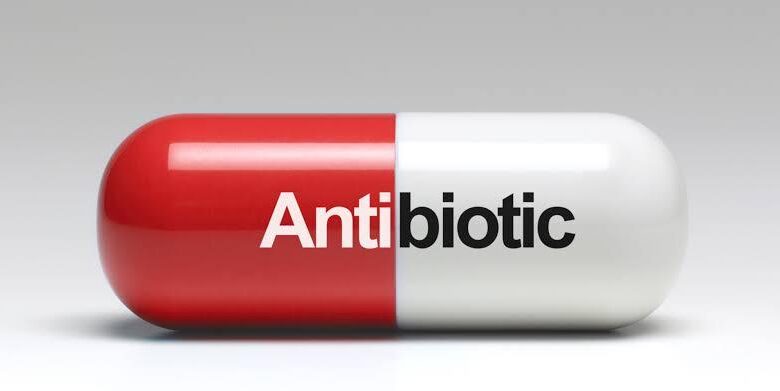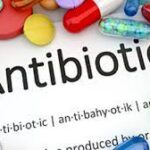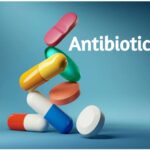Can I Use Over the Counter Antibiotics for STD?

What are sexually transmitted diseases (STDs)?
Sexually transmitted diseases (STDs), or sexually transmitted infections (STIs), are infections that are passed from one person to another through sexual contact. The contact is usually vaginal, oral, and anal sex. But sometimes they can spread through other intimate physical contact. This is because some STDs, like herpes and HPV, are spread by skin-to-skin contact.
Sometimes, these infections can be transmitted nonsexually, such as from mother to infant during pregnancy or childbirth, or through blood transfusions or shared needles. STDs don’t always cause symptoms. It’s possible to contract sexually transmitted diseases from people who seem perfectly healthy and may not even know they have an infection.
How common are STDS?
Each year, nearly 20 million people in the United States contract an STD. The eight most common STDs include: chlamydia, gonorrhea, hepatitis B virus (HBV), herpes simplex virus type 2 (HSV-2), human immunodeficiency virus (HIV), human papilloma virus (HPV), syphilis, and trichomoniasis. While many of these infections can go undetected because of their lack of symptoms, they can lead to serious health consequences if left untreated.
Undiagnosed and untreated chlamydia or gonorrhea, for example, can put a woman at increased risk of chronic pelvic pain and life-threatening ectopic pregnancy, and can also increase a woman’s chance of infertility.
At least 15 percent of all women in the United States can attribute their infertility to tubal damage caused by pelvic inflammatory disease (PID), which is the result of an untreated STD.
Because STDs are preventable, significant reductions in new infections are not only possible, they are urgently needed. Prevention can minimize the negative, long-term consequences of STDs, which is why it’s important to take precautions to stay safe – like using condoms or reducing the number of sexual partners.
Diagnosis
A health care professional can diagnose STIs. They will ask personal questions about your sex history. It’s important to be honest so you can get help. They may take a sample of fluid from the vagina or penis, or a blood test to confirm the problem. Laboratory tests can show what, if any, bacterial or viral STIs are present.
- Blood tests can show if you have a disease that infects the blood.
- Urine samples can show if you have a bacteria in your urine from an STI.
- Fluid samples can show if you have active sores and help diagnose the type of infection.
Treatment
Antibiotics, often in a single dose, can cure many sexually transmitted bacterial and parasitic infections, including gonorrhea, syphilis, chlamydia and trichomoniasis. Typically, you’ll be treated for gonorrhea and chlamydia at the same time because the two infections often appear together.
Can I Use Over the Counter Antibiotics for STD?
No, over-the-counter (OTC) oral antibiotics are not approved in the U.S. If left untreated, or treated with improper medication STDs like chlamydia and gonorrhea can cause serious health problems like PID, infertility, and potential deadly ectopic pregnancy. Also, without treatment, your partner might pass the STD back to you.
However, there are a few OTC topical antibiotics that can be used on the skin to help prevent infections from minor scrapes, burns and wounds, such as:
- bacitracin/neomycin/polymyxin B (Neosporin and generics),
- bacitracin/polymyxin (Polysporin and generics), and
- neomycin/polymyxin/pramoxine (Neosporin Plus), which also contains pramoxine, a mild numbing medication.





